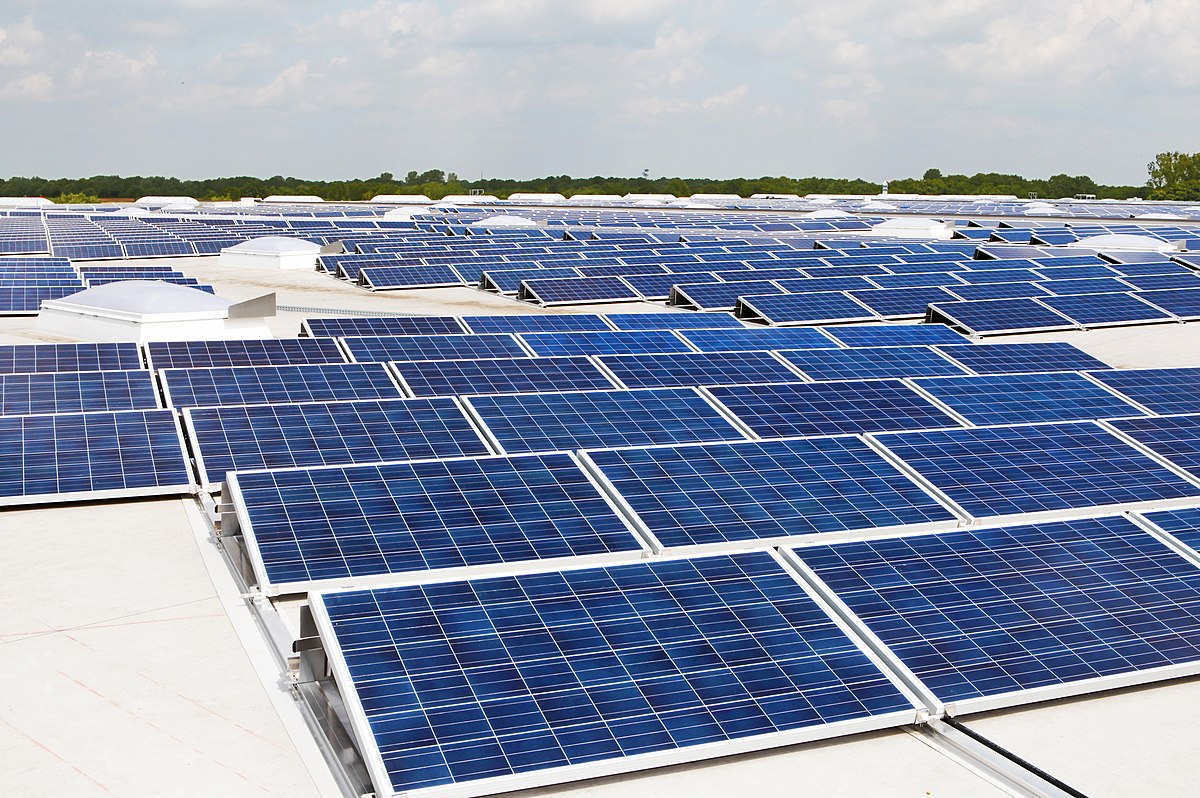Posted by Admin on 25-04-2024 in Shiksha hub
Master of Technology (Power and Energy System) at A.P.J. Abdul Kalam Technological University: Introduction, Admission, Registration, Eligibility, Duration, Fees, Syllabus 2024

Introduction
The Master of Technology (M.Tech) in Power and Energy Systems at A.P.J. Abdul Kalam Technological University (KTU) is an advanced postgraduate program designed to groom engineers into specialists in the evolving sectors of power and energy. This two-year full-time program is meticulously crafted to meet the demands of global energy challenges and innovations in power systems management.
At KTU, the M.Tech in Power and Energy Systems focuses on imparting profound knowledge and technical expertise in key areas such as the integration of renewable energy sources into the traditional grid, advanced power electronics and drive systems, and the management and optimization of power systems. Students are exposed to cutting-edge technologies and concepts including smart grids, energy storage solutions, and the economics of power systems which are critical for a sustainable future.
Admission Process
Admission to the M.Tech in Power and Energy Systems at KTU involves several steps:
1. Applicants must first ensure they meet the eligibility criteria.
2. They should then appear for the Graduate Aptitude Test in Engineering (GATE) as scores from this exam are often required.
3. Candidates must fill out an application form available on the university's website, attaching all necessary documents.
4. Shortlisted candidates may be called for a personal interview or counseling session based on their GATE scores and academic background.
Eligibility Criteria
The eligibility criteria for enrolling in the M.Tech program are as follows:
1. A bachelor’s degree in Engineering (B.E/B.Tech) in Electrical Engineering, Electrical and Electronics Engineering, or an equivalent degree with a minimum aggregate score as specified by the university.
2. A valid GATE score is highly preferable and sometimes necessary depending on the number of applicants and the university’s admission policy.
Fee Structure
| Semester | Fee for Hosteller (INR) | Tuition Fee for NRI (USD) |
|---|---|---|
| 1st | 46,350 | 7,000 |
| 2nd | 41,350 | - |
| 3rd | 41,350 | - |
| 4th | 41,350 | - |
Duration
The M.Tech in Power and Energy Systems is a full-time program spanning two years, divided into four semesters. Each semester includes a mix of theoretical and practical courses, along with a major project in the final year.
Syllabus
The syllabus for this M.Tech program covers a broad range of topics:
1. Advanced Power System Analysis
2. Power System Dynamics and Control
3. Renewable Energy Sources
4. Smart Grid Technologies
5. Energy Management and Auditing
6. Elective courses in specialized areas like Wind Energy, Solar Photovoltaic Power Systems, etc.
Scholarship
1. KTU offers various scholarships for M.Tech students:
2. Merit-based scholarships for top-performing students.
3. Financial aid for economically disadvantaged students.
4. Research assistantships for students engaged in significant research projects.
Career Opportunities
Graduates of the M.Tech in Power and Energy Systems have diverse career opportunities in:
1. Energy production and management companies
2. Renewable energy firms
3. Electrical utility companies
4. Consulting firms specializing in energy
5. Academic and research institutions
FAQs
1. What are the core courses of the M.Tech in Power and Energy Systems?
Core courses include Advanced Power System Analysis, Renewable Energy Sources, and Smart Grid Technologies.
2. Is GATE mandatory for admission?
Yes, a valid GATE score is generally required for admission, although there can be exceptions based on the university's policies.
3. Can I pursue a Ph.D. after completing this M.Tech program?
Yes, the program is designed to prepare students for further academic pursuits, including Ph.D.
4. Are there part-time study options available?
Currently, the program is only offered as a full-time course.
5. What are the laboratory facilities like?
The university is equipped with state-of-the-art labs that facilitate practical learning and research.
6. How can I apply for scholarships?
Scholarship applications can be submitted along with the admission application, with details available on the university's website.
7. What kind of projects do students undertake in the final year?
Projects typically involve innovative research in areas like renewable energy integration or smart grid technology.
8. Is there industry collaboration in the curriculum?
Yes, the university collaborates with industry leaders to ensure the curriculum remains cutting-edge and relevant.
9. Are international students eligible for this program?
Yes, international students can apply, though they may have additional requirements.
10. What is the alumni network like for this program?
The alumni network is robust, offering great networking opportunities and career guidance.